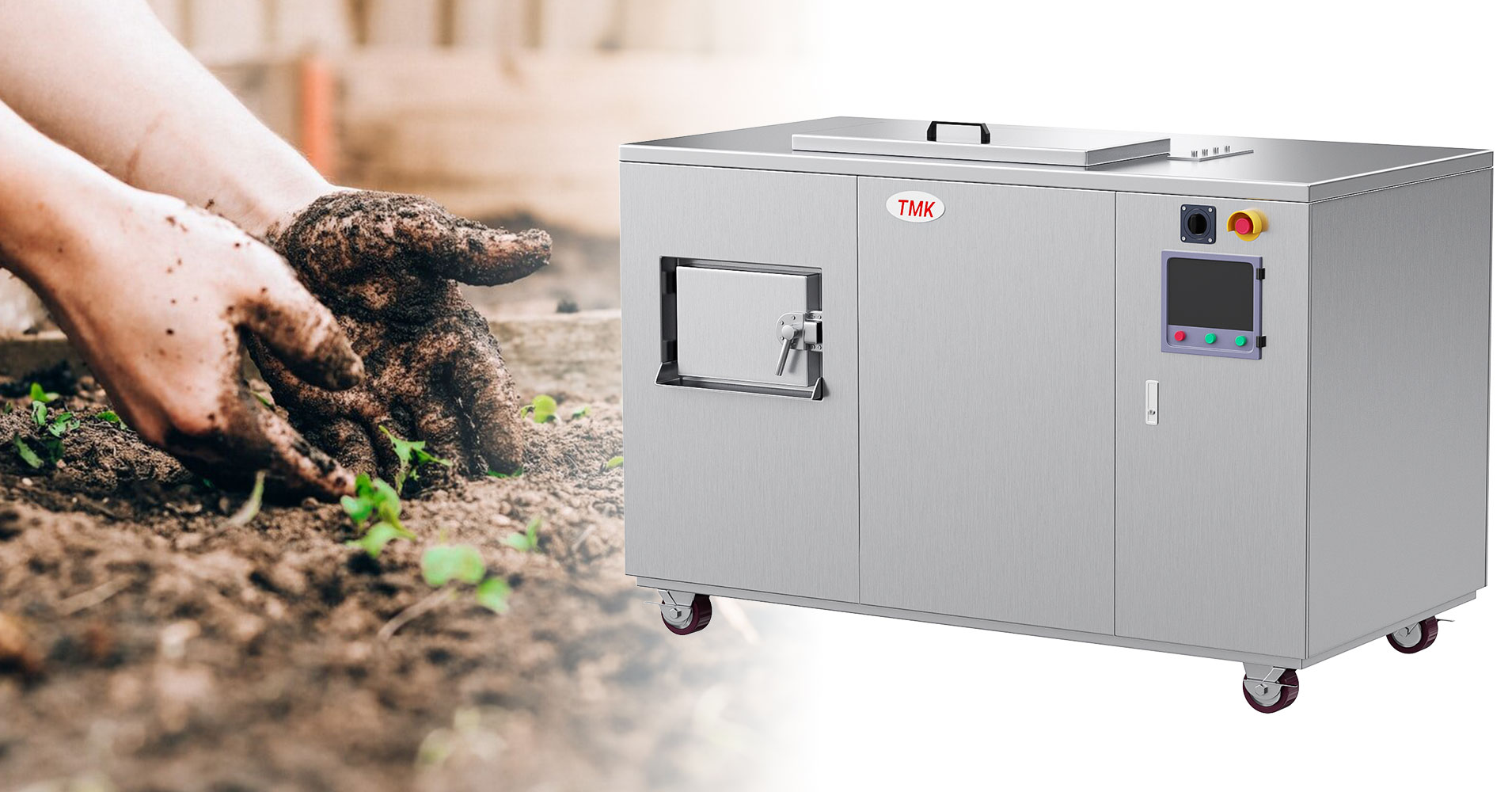Composting is the process of changing the form of organic waste, like food scraps and yard waste, to compost, a nutrient-rich soil additive.
Composting can be done on a small size at home, on a larger scale in a community garden, or even on a commercial scale at a facility with a waste composting machine.
Because of the activity of microorganisms, this process occurs naturally. Still, it can be sped up by taking the necessary steps to control the environment where organic waste is decomposed.
The soil’s health and the amount of waste transferred to landfills can be improved using this environmentally beneficial method.
Economic Benefits of Having a Waste Composter Machine
Composting waste is an easy and affordable method with a significant economic impact:
Saves Landfill Costs:
It can lessen the amount of waste that needs to be disposed of in landfills by decomposing organic waste materials like food scraps and yard debris into nutrient-rich compost. Considering landfills’ high construction and maintenance expenses, this can reduce waste disposal expenses. Additionally, it can reduce the cost of additional landfill space, freeing up funds that could be used for other crucial purposes.
Reduces Fertilizer Costs:
Composting can lessen the need for chemical fertilizers, which is another advantage. Compost and other natural fertilizers are rich sources of essential nutrients. It can promote sustainable agriculture and enhance soil health, resulting in healthier crops and possibly larger yields. In addition, farmers’ profits may rise due to reduced fertilizer expenses.
More Jobs:
Additionally, composting might lead to job growth in the recycling and waste management sectors. Jobs in compost collection, processing, and distribution will be created as more cities and municipalities implement organic waste compost machines. Generating new jobs and opportunities can help the local economy grow.
Education Tool:
Composting can be a powerful educational tool. It can help to create a more ecologically conscious and responsible community by teaching people about its significance and how it can help to reduce trash, improve soil health, and encourage sustainable agriculture. This may encourage environmentally and economically beneficial sustainable actions and behaviors.
Additional Benefits of Composting:
Other than economic benefits, having a waste composting machine can benefit you in the following ways:
Reduces Greenhouse Gas Emissions:
Methane is generated due to organic waste in landfills. It is a greenhouse gas that participates in climate change. Composting can help to minimize methane emissions by lowering the volume of organic waste dumped in landfills. This may contribute to a slower rate of climate change and a more sustainable environment for coming generations.
Sustainable Agriculture:
Composting can be a valuable resource for the local community. For example, compost can be used in parks and community gardens to enhance soil quality and help plants grow more healthily. Local farmers and gardeners can also use compost to improve their soil and boost crop production. This may assist regional food systems and encourage sustainable agriculture.
Is an organic waste compost machine worth buying?
A waste composting machine is a device that helps accelerate the organic waste materials’ normal decomposition process. These devices can be found in wide varieties and sizes, ranging from compact home composters to complex industrial composting systems.
They typically combine heat, moisture, and mechanical agitation to break down the organic material, and they can quickly produce nutrient-rich compost. To facilitate composting, some composting devices may additionally have features that let you regulate the temperature and ventilation and separate liquids from solids.
You may use any waste composter machine to speed up your composting process.

